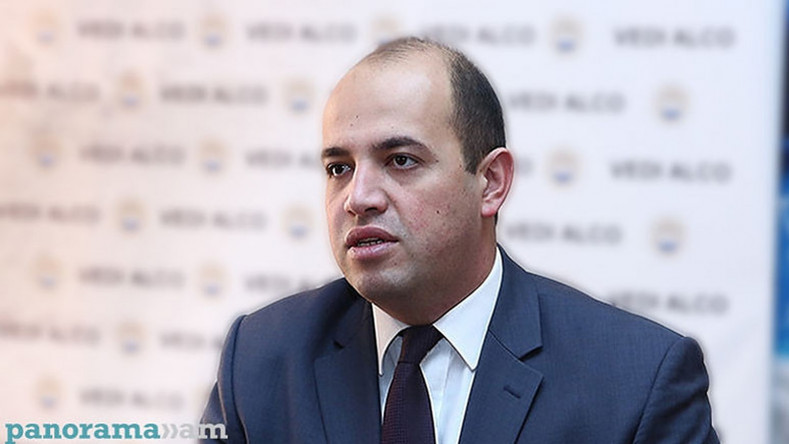
Armenian analyst: Something has changed in Aliyev's behavior
Political analyst Hrant Melik-Shahnazaryan says the remarks Azerbaijani President Ilham Aliyev delivered in the occupied Artsakh town of Shushi marking the anniversary of “Azerbaijan’s victory” in the 2020 war on November 8 were “weird”.
"Azerbaijani President Ilham Aliyev’s speech in Shushi on 8 November was weird. On one hand, Baku and Ankara are pushing Armenia toward signing a so-called peace treaty, and on the other hand, they, in fact, are foiling this opportunity,” he said in a social media post on Monday.
“Why? This is an important question: something has changed in Azerbaijan's conduct. It came after the trilateral meeting in Sochi hosted by Russian President Vladimir Putin. There are two possible scenarios here: Aliyev saw an opportunity to extract much more concessions from Armenia; there is an agreement or pressure to stale the normalization of Armenian-Azerbaijani relations for some reason.
“Both options are subject to discussion. But there is another key circumstance that catches the eye. The fact that Pashinyan, too, seemingly in sync with Aliyev, makes the signing of a peace treaty at this point increasingly impossible with his tough statements and criticism of Azerbaijan,” Melik-Shahnazaryan claimed.
He stated the peace deal “does not bode well” for Armenia and Artsakh and may be disastrous for the two states.
“However, if Aliyev really wants to extract much more concessions, it is twice dangerous for Armenia to be involved in his game,” the analyst noted.
“What to do? Of course, the best way out for Armenia is to change the negotiator. I have repeatedly talked about such a solution and the positive results it may bring. But we have what we have. Unfortunately, I have no answer to the question "what to do" for the current leadership other than to resign and thus cancel all existing anti-Armenian agreements. Or not to cooperate with Aliyev and act solely in line with the interests of Armenia and Artsakh.
“However, it is certainly not serious to pin hopes on the current authorities. There is nevertheless hope for foreign pressure over the settlement of Armenian-Azerbaijani relations. This pressure may be coming (or has already come) from both Russia and the West. The former must be trying to postpone the settlement of conflicts in the region until the problems in Ukraine are solved. While the West has its own preconditions for the establishment of peace in the South Caucasus, first of all, set forth for Russia and Turkey.
“Therefore, everything is more complicated than it may seem at first glance. Anyway, we should keep an eye on Aliyev. I repeat that something has changed in his behavior,” Melik-Shahnazaryan said.
Newsfeed
Videos






























